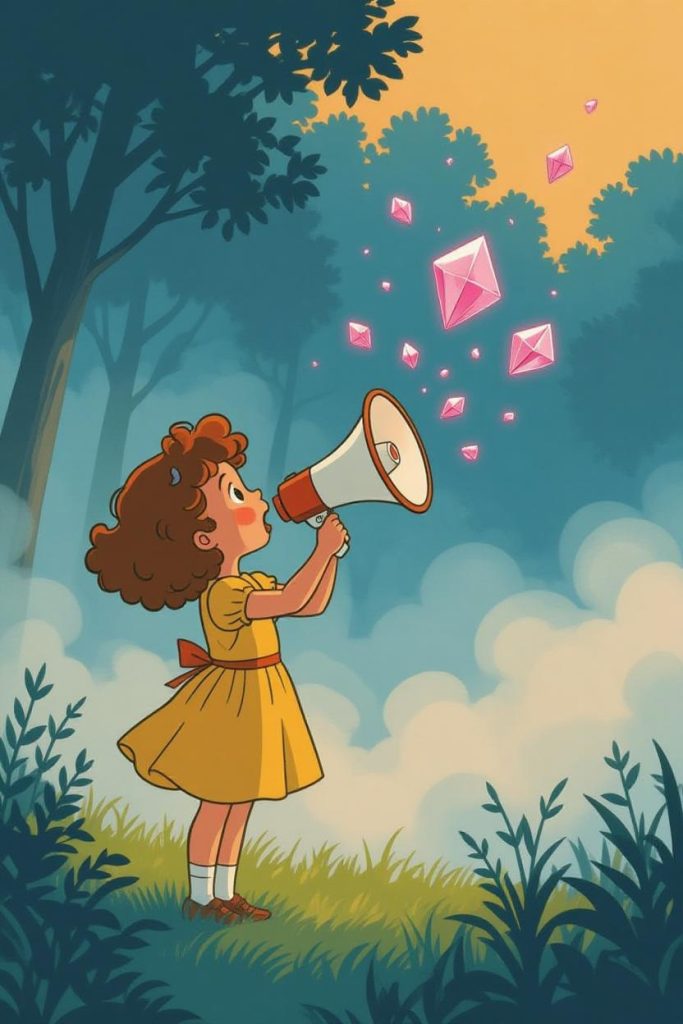
The summer of 2025 was hot—your local weather stats will probably confirm it (thanks, global warming!)—but for me it was especially intense at work, with delivery after delivery, milestone after milestone.
So when I finally started my vacation, I felt the need to re-map where I was. I had to tidy up the things that had accumulated around me while I ran back and forth between work, kids, and more work.
It’s probably no surprise that today, when we “check our environment,” one of the first places we look is our digital space: notes, bookmarks, appointments, personal projects. For me, Obsidian is the system that lets me navigate all this in a way that gives me the illusion—sometimes even the reality—of being in control.
I’ve used Obsidian as my main knowledge management system for two years. Before that, I always used “something” (usually several things at once) to make sense of the endless stream of data from cyberspace: Pocket notes, Reader saves, Kindle highlights. Obsidian, with its vast plugin ecosystem, finally promised to consolidate all that into a usable, productive (?) ecosystem.
Around the same time, I started playing with large language models. At first, it was just testing: could ChatGPT give me a quick summary? But soon it became reflex: start with a dialog, get the lay of the land, then dig deeper into what looked interesting.
Over the last year, I’ve leaned more on Claude from Anthropic—mainly for Claude-Code, but also as a counterpoint to ChatGPT. I like having multiple sources before zooming in on a strategy. The result was an ever-growing pile of notes, conversations, and projects dangling outside my “second brain.” Time to clean that up.
ChatGPT was easy. Community plugins already handled syncing conversations with Obsidian. But I was surprised to find Claude unsupported. (To be clear: from the start I excluded browser extensions and other intrusive options that want wide access to my system.)
Digging further, I discovered that Claude had only recently introduced an export feature, driven by GDPR compliance. Anthropic’s help documentation suggests it was in development as of mid-2024. One small win for EU regulations.
At first, using ChatGPT, Claude, Grok—whatever—felt gimmicky. Like nothing of importance could really accumulate there. But reality disagreed. These chats became central to how I consume and create information. My decisions, my interests, my thinking all sedimented in the chat history of LLMs.
So while I began looking for a quick copy-paste solution to consolidate my notes, the deeper I dug, the more important it became to make this data fully mine, integrated into the system I already use and control.
The good news: the data are available. The bad news: they come as JSON—hardly usable as-is, especially in Obsidian. At first, it looked like I’d have to wait for someone to write a plugin to tidy this corner of my digital self.
But then I thought: wouldn’t it be fair to ask Claude to help me take full ownership of my discussions with Claude?
That itch wouldn’t let me go. And so my vacation turned into a trip into the world of vibe coding: The Scratch.
